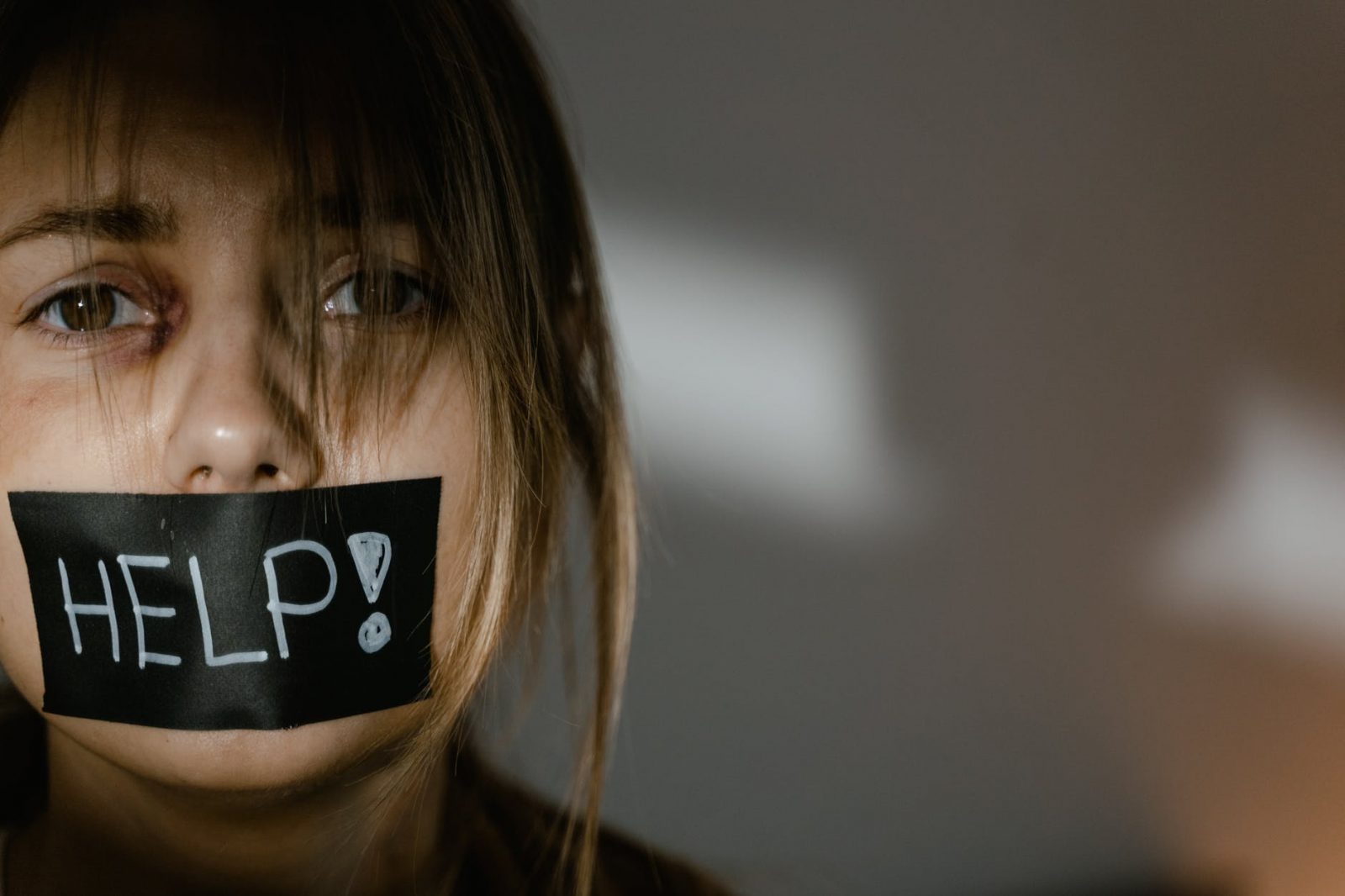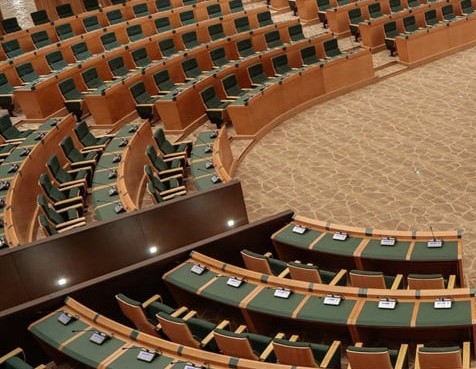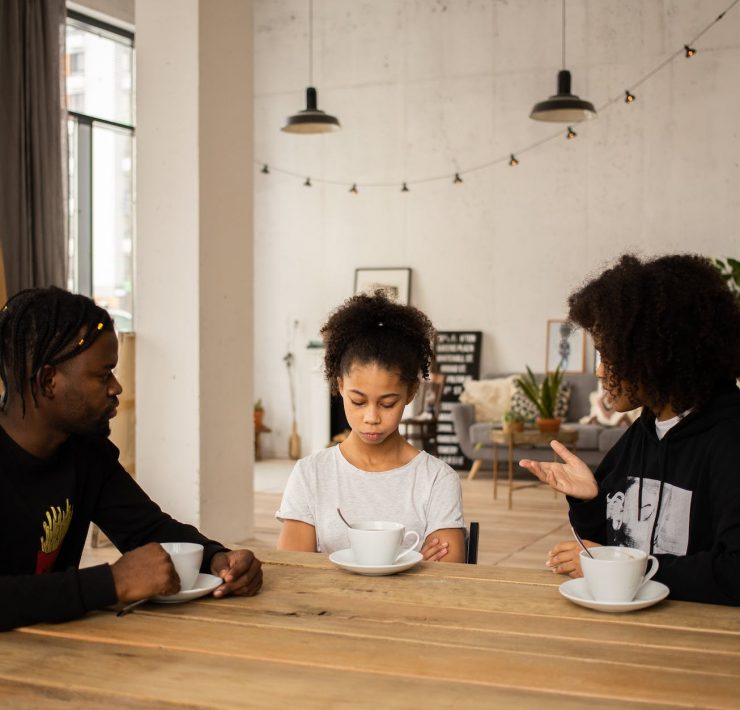Rape: choosing silence over truth

John Wills Njoroge is a psychotherapist and social diagnostician who…
Sexual violence is on the increase and has continued to devastate individuals and families. We as a society struggle to communicate the devastating shame, guilt and rejection that the victims of rape carry with them for many years. The greatest damage done by sexual violence is trauma that grips the soul and creates emotional turmoil that leaves one broken. The worst thing is that most victims engage in self-blame and think that being raped was their responsibility and it is hurtful to their parents, siblings and social authority. Guilt shame and rejection exacerbate emotional pain by creating internal violence, and hostility and push the victim away from the family especially if the family is not a safe space to share the pain. As a result, rape continues to inflict long-term distortions about self and at some point, the victim of rape might believe promiscuity as the reason why they were raped even though it is not true.
Induced self-resentment as a result of fear communicated by the perpetrator, makes the victim continue interpreting the world from a place of trauma. This trauma sometimes makes the victim live in constant fear that society interprets as selfless but the truth of the matter is, that a victim of rape tries to manage the secret. All too often, the absence of compassion in families when there is any form of sexual violence has been a breeding ground for the perpetrators who continue ravaging humanity daily. When we remain silent, we enforce the acts of rape, and inflict ill-conditioned implicit beliefs that reporting rape cases is a shameful act in the society. As a society, therefore, we become dysfunctional because a traumatized individual can self-harm or turn to substance abuse to numb emotional pain. If we continue forcing the victims to escape from pain instead of processing to heal, we will continue creating more pain and social desolation.
We need to understand that, as a society, our silence is creating connotations in the minds of victims of rape when we fail to offer support and stop the perpetrators. The long-term damage is the progressive distorted unconscious interpretation of self that a victim of rape gets locked in because of our silence as a society. If we desire to see a healing society, we need to address the lies we believe such as sexual violence is a secret. We must face our present social experiences and understand that we have victims suffering silently in families, workplaces and in the streets because “what happens here remains here”. This is the meaning we’ve created for our individual and social pain. Unsuspectingly, we individually write false stories of our future generations from social narratives that deny justice and reconciliation especially self-reconciliation for the victims of sexual violence.
We need to advocate for self and mindful awareness that will facilitate the process of bringing into consciousness those hidden secrets in our families, neighborhoods and society at large. Failure to do so, our past experiences of silence in the face of injustice will continue shaping our individual and social perspectives relating to our worldview. Our individual and social role is to help the victims heal from conditioned thought patterns about self, and this will require we become present, truthful and lovers of justice and self-reconciliation. Until we reach that point individually, we are unconscious perpetrators by association when we become proponents of “We must protect the family from shame” at the expense of the victim’s healing of the mind, body and soul. In our self-awareness, we liberate the victim from the shackles of pain and socially, we are liberated from the lies we believe in.
We need to ensure that sensitization on how to handle assault is a lesson of priority among children and those living in regions where this is rampant. Some of the steps include supporting the victim by taking them to the nearest hospital or police station to report the incident. The victim should not take a shower or change clothes for this helps in forensic investigations. In this whole process, listen to them, believe what they are saying and support them wholeheartedly. An assaulted person feels very vulnerable and fears that they will not be understood and believed. Secondly, acknowledge how hard it is for them and affirm their confidence to have entrusted you with the information they have shared. Try not to disqualify the victim’s voice by saying things like… “I can’t believe that person can do such a thing… can I ask him/her?”. Whatever we say in this situation will either distress the victim by creating more emotional anguish or initiate the healing process and justice for the victim. We need to selflessly guard the victim against helplessness whereby, the victim gets to the state of mind that normalizes the pain and abuse. This is where the experiences we create for the victim drive them to a painful place of feeling unable or unwilling to process the assault. Silence in the face of injustice and abuse propels trauma, while truth and social reconciliation create healthy paths for healing.
What's Your Reaction?
John Wills Njoroge is a psychotherapist and social diagnostician who assists individuals and teams clarify their purpose in life and create a philosophy of their existence and work. He is co-founder of Lead Global Impact, an organization that builds the leadership capacity of primary and high school children and youth in Kenya. He is the author of ‘Father to Son’, a manual designed for fathers to better understand their sons and relate more effectively with them, and ‘Brave Hearts Leadership Program’ a manual that has been used widely to train boys as responsible leaders. Among many other leadership roles, he is consulted and contributes to shaping narratives on youth matters and social justice in Kenya’s mainstream media.


















